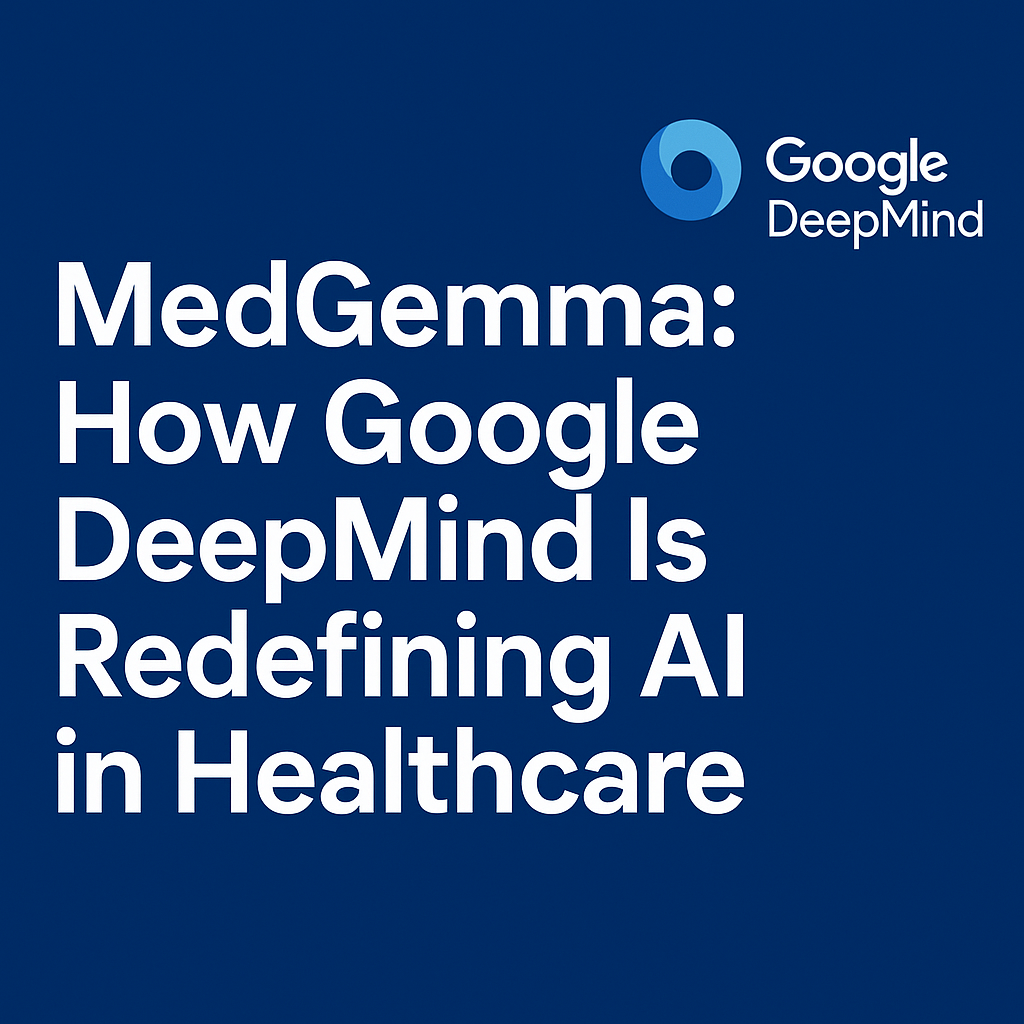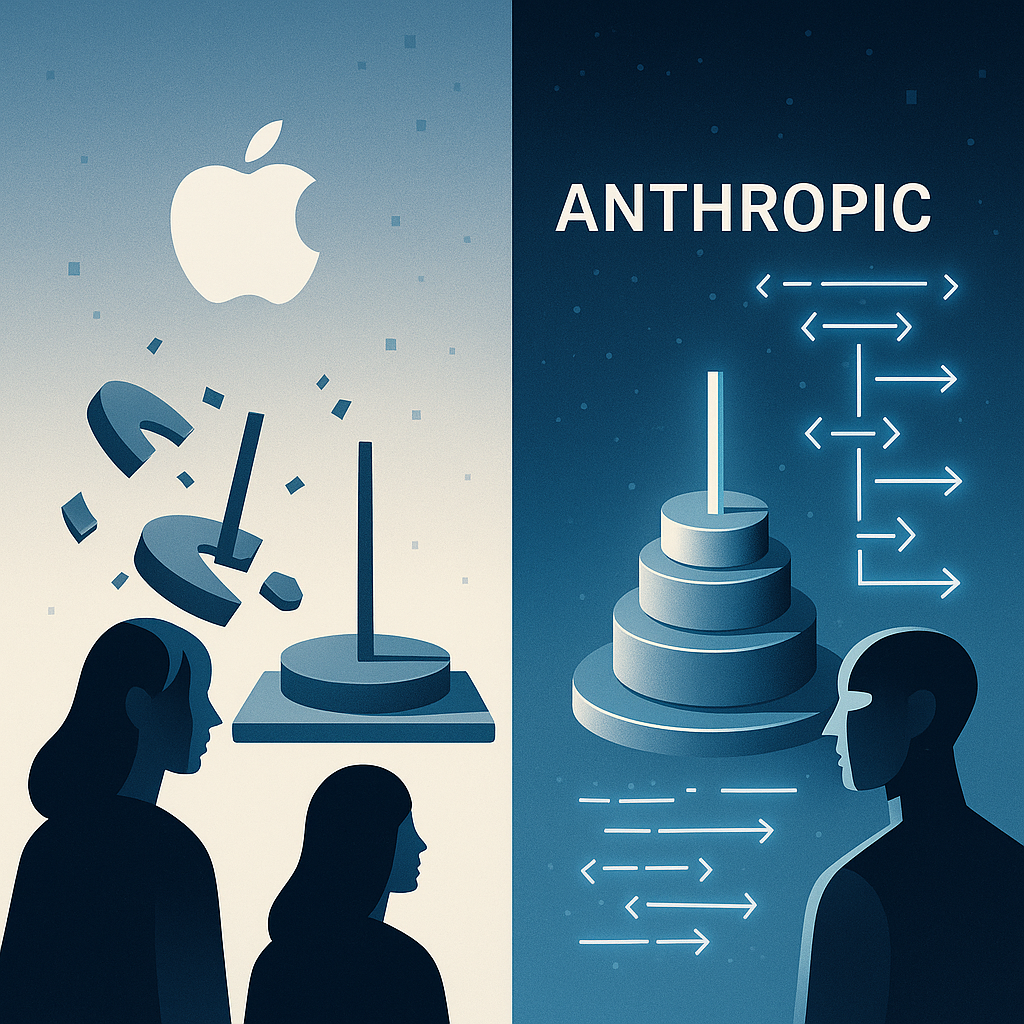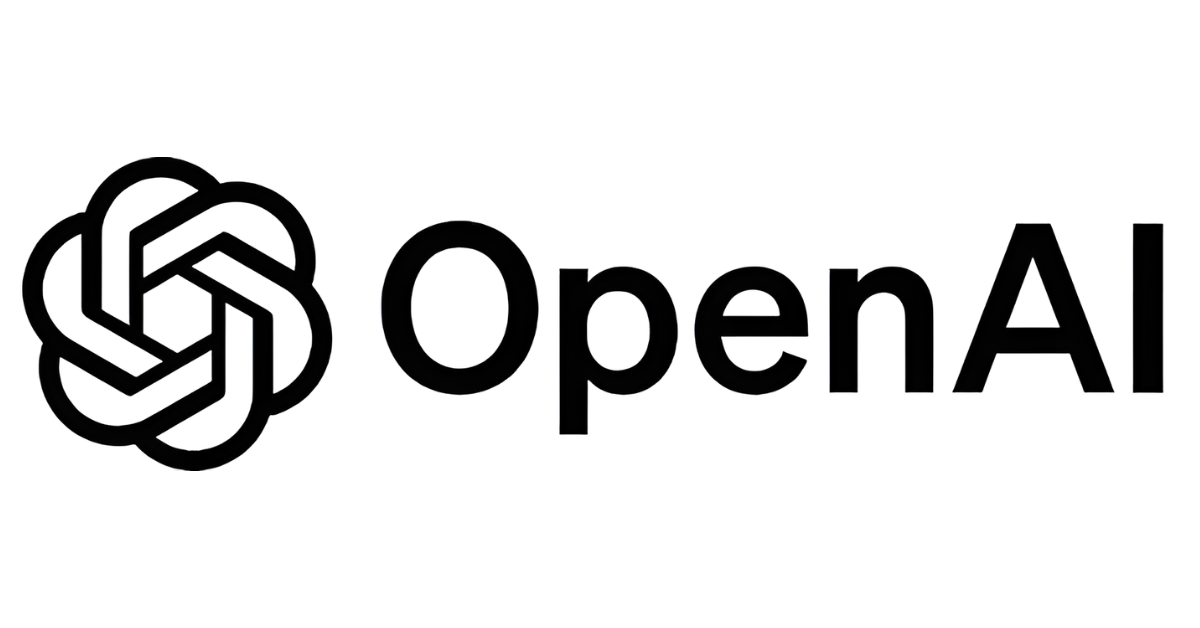Nvidia’s CEO, Jensen Huang, has delivered a bold forecast, suggesting artificial intelligence will reshape the global economy with extraordinary speed. He predicts this technological wave will create more millionaires in the next five years than the internet did in twenty, heralding an era of widespread financial transformation driven not by complex code, but by accessible innovation.
According to Huang, AI stands as the “greatest technology equalizer of our time” by dismantling the traditional barriers to creating valuable technology. Previously, skills like coding were essential for innovation. Today, user-friendly AI platforms empower anyone to become a creator, programmer, or artist through natural language commands, opening up opportunities for a much wider audience to develop their ideas.
To demonstrate AI’s powerful leverage, Huang points to startups such as OpenAI and DeepSeek. He highlights that these companies, with small teams of about 150 researchers, have the capacity to generate between $20-30 billion in value. This translates to an unprecedented productivity level of roughly $200 million per person.
Also Read: Matthew Lawrence dreams of bringing Robin Williams back with AI technology
Huang also notes his own success in fostering wealth, stating he has created more billionaires within his management team than any other CEO, signifying the immense potential for those leading the AI charge.
Huang foresees a future where every company will run two types of factories: one for producing physical goods and a digital “AI factory” for generating intelligence. He uses Tesla as a prime example of this dual model, with one facility manufacturing cars and another developing the AI that operates them. Huang expects this approach to become a global standard and has encouraged nations to build their own sovereign AI infrastructure to maintain a competitive edge.
This new industrial landscape also demands a fresh perspective on talent and pay. At Nvidia, Huang personally oversees the compensation for all 42,000 employees, utilizing machine learning to help make decisions and ensure top performers are rewarded appropriately.
While this AI-powered surge promises significant wealth, some observers warn it could create a “technological priesthood” if the technology’s benefits and control are held by a select few.
Dispelling common anxieties about job losses, Huang expresses little concern that AI will cause mass unemployment. He argues the greater danger is to professionals who resist adopting AI tools. In his view, individuals who fail to incorporate AI into their work will be left behind by those who embrace it.
The technology is poised to redefine every job by automating routine duties, which will allow human workers to concentrate on more creative and complex problem-solving.





